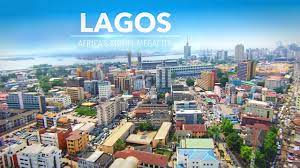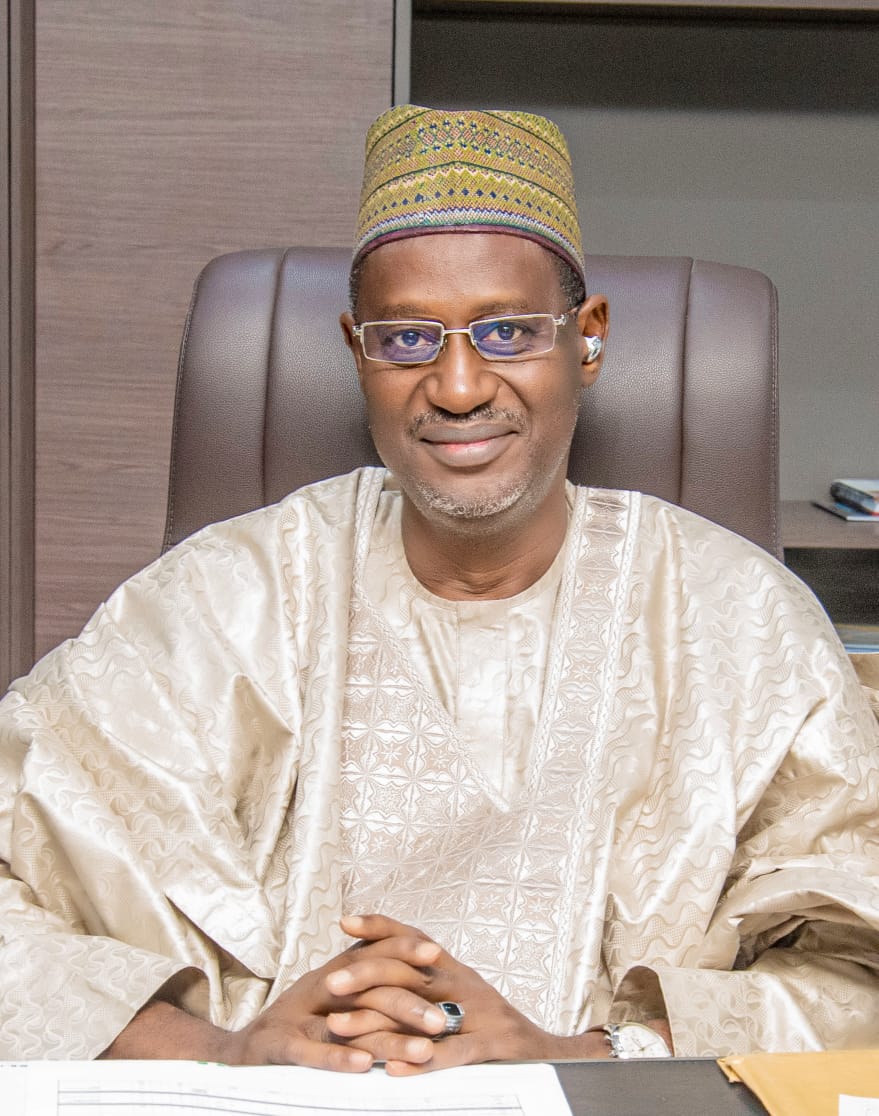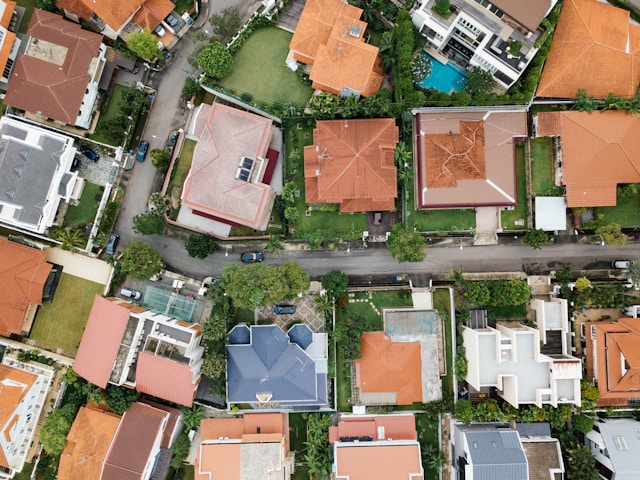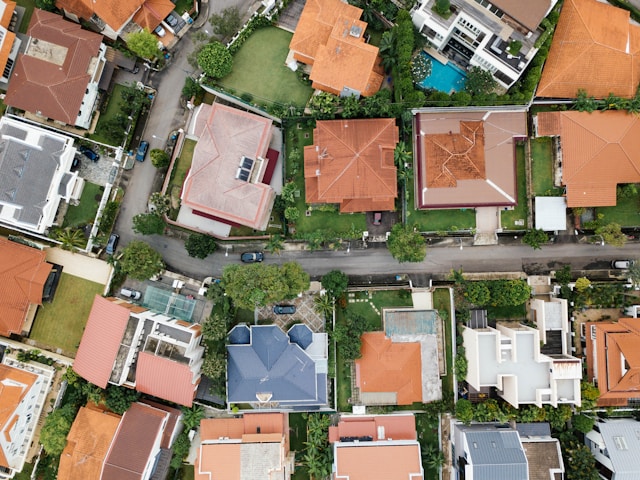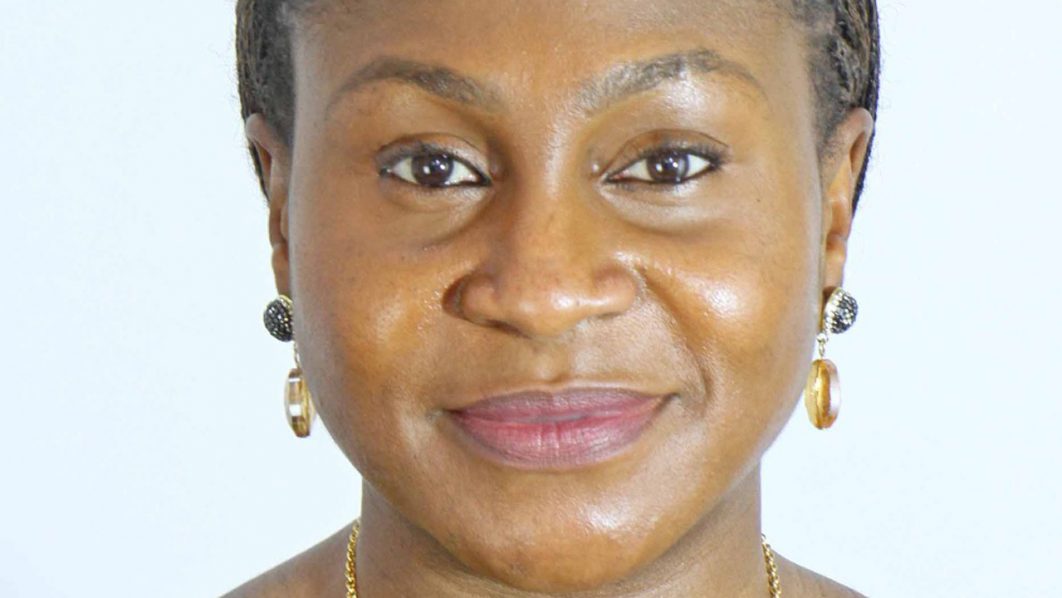
Integration of urban planning key to COVID-19 recovery, cities’ resilience
Dr. Omoayena Odunbaku is the UN-Habitat’s Human Settlement Officer in charge of anglophone West African countries and project manager, Africa Urban Agenda. He spoke to CHINEDUM UWAEGBULAM on how Nigeria can harness urbanisation for economic development and prospects of relationship between both parties.
There has been a challenge in harnessing urbanisation as a key priority for Nigeria’s development. How does or can the country utilise opportunities created by urbanisation, to achieve inclusive growth and prosperity?
It is interesting to know that urbanisation is gaining more traction nationally, regionally, and globally. For me, urbanisation is a process that counterparts economic development concepts of agglomeration of people and resources, which in turn spurs innovation, promotes efficiency, reduces infrastructural cost, permits external scale and scope economies.
Several countries have deliberately urbanised settlements to increase production, access to basic services, promote particular sectors and prosperity.
Ironically, the phenomenon of urbanisation is neither given priority by national governments, politicians, bureaucrats, and technocrats; nor fully grasped by the population at large.
This neglect is prevalent in the failure of our very own policymakers to prioritise the need to harness the opportunities provided by cities as drivers of economic development rather than our mono-commodity-driven economy.
It is sufficient to say that our urbanisation carries on without systematic urban planning and economic development, which leads to chaotic physical expansion with attendant social inequality, social unrests, insecurity, fractured service delivery, inadequate job, and employment creation.
Our urban centres across the country are expanding without adequate planning, yet there is no appreciable drive by the government departments concerned to consult with and carry along all actors, whose activities and decisions rely on harnessing the opportunity urbanisation presents.
I personally believe that the first step is for all actors – national governments, politicians, bureaucrats, and technocrats to acknowledge the potentials as well as understand the peculiar dynamics of urbanisation as a cross-cutting issue and its potentials to achieving inclusive growth and prosperity by reducing poverty, social inequalities and improving the environment.
Urbanisation is usually accompanied by high urban densities because it is a demographic process, where there is higher concentration of people in the urban areas, and it is interesting to know that social, environmental, and economic interventions are not implemented in oblivion but rather within specific spatial entities.
We as a people have continued to neglect spatial planning at the local, state, sub-regional, and national levels and this will continue to jeopardise our individual and collective present and future efforts. Hence, there must be a deliberate effort to complement social, environmental, and economic interventions with the appropriate spatial as well as development plans while adopting an integrated approach for the short, medium, and long term.
COVID-19 is crippling the global economy and upending people’s lives and threatening sustainable development in cities within Nigeria. What are the challenges and strategies to remedy the situation?
The implications of the COVID-19 pandemic are still unfolding; however, we can’t take away the fact that it will have a long-standing effect on how the elements of human settlements interact. There are ongoing and very interesting debates on the pros and cons of urban concentration.
UN-Habitat recommends that short, medium- and long-term interventions can be led by National Governments but should be channeled through local governments to promptly and adequately address the challenges at the urban scale.
These recommendations consider the application of local communication and community engagement strategies, support of Small and Medium Enterprises (SMEs), and the informal economy because this will deepen decentralised responses to COVID-19 through strengthening local government capacities.
Also, if we revisit the lens, with which we view the informal settlements, we can garner evidence-based data that will provide tailor-made and practicable contextualised solutions rather than the typical stereotype and menace approach of demolition, eviction, and relocation.
These solutions will enhance the establishment of mechanisms to promote rapid access to housing and prevent forced evictions because informal settlements account for a significant number of housing provisions in urban areas across Africa.
And of course, the inevitable is to integrate urban planning and management as key priorities for recovery and rebuilding strategies towards long-term resilience. If we fail to plan, then inevitably our cities are planning to fail.
How can you assess the relationship between Nigeria and your organisation?
The relationship between the Federal Government of Nigeria and UN-Habitat is a long-standing cordial one, which dates to 2003. Although a steep curve has been experienced in the last few years, all signs indicate a positive, prospective and strengthened partnership with outputs that will support the attainment of sustainable urban development in Nigeria – physically and policy-wise.
To achieve this, UN-Habitat will support all relevant stakeholders to implement and ensure synergy with existing state, national, regional, and international agendas. UN-Habitat also intends to periodically liaise with relevant ministries and development agencies to ensure proper periodic briefing and dissemination of appropriate messages data and information.
What has been UN-Habitat intervention strategy in Nigeria? What are the lessons learned? What are we expecting in the next country programme?
In the recent past, the strategy has been to technically support the Federal and State Governments. Both parties concur on the need to have policy interferences while encouraging active local government involvement.
Last year, UN-Habitat secured a Swedish International Development Agency (SIDA) funding for a Water Sanitation and Hygiene (WASH) COVID-19 intervention in Karu LGA, Nassarawa State. With additional funding from the Federal Ministry of Works and Housing, a pilot urban profiling and planning is expected to be completed in July this year.
This pilot can be replicated and adapted to other local governments, leverage on the need not to reinvent the wheel when embarking on similar projects, which were in the lab because of lack of documentation and advocacy, and communication.
The next country programme, which is a bit of a paradigm shift from almost typical government reliance as in the past, is underway and once both parties agreed to it, it will be signed and made public.
What model should be adopted to facilitate urban planning and structural transformation in Nigeria?
I do not believe in a one size fit all model as determinants and characteristics differ, however, any model to be adopted should be contextualised to address evidence-based needs and have an underlying principle of aggressive integration and buy-in of all stakeholders.
The Africa Agenda 2063 lays emphasis on “…improving access to sustainable human settlements, through a planned approach to rapid urbanisation, promoting space planning and evidence-based urban policies”. Although this is the only paragraph that refers in detail to the prospect of urbanisation in Africa, I find it well-crafted and such a model should attempt to align with the regional vision.
In the attempt of the government to diversify the economy, we can see evidence that some sectors like agriculture and manufacturing are beginning to contribute moderately and significantly to the economy. This wasn’t achieved without deliberate efforts like capacity building and development, coupled with political buy-in and internal and external resources mobilisation.
I suggest a similar approach is adopted in the model design and implementation. Raising the profile of sustainable urbanisation and spatial development planning as imperatives for regional and national development; initiating and supporting high-level political meetings to galvanise the necessary support; ensuring relevant urban themes are included in policies and programmes tailored towards achieving national structural transformation as well as developing pro-urban narrative for advocacy and communication; bridging the gaps between the town and the gown in a cyclic feedback sub-model, and giving priority to research.
Africa is looking forward to the attainment of Agenda 2063, a regional agenda to achieve development. What should Nigerians expect from the Africa Urban Agenda (AUA)?
In 2014, I was appointed the project manager for the Africa Urban Agenda programme under the supervision of Mariam Yunusa. As you may be aware, the AUA is a regional programme that comprises two projects, namely, the strengthening partnerships for an AUA and Presidential Initiative, which are championed and financially supported by the Federal Government of Nigeria and Government of Ghana respectively. It adopts a complementary bottom up and top down approach in raising the profile of urbanisation in Africa.
The double-edged news is that Africa with its estimated urban population of only 32 per cent is the least urbanized continent in the world today, unfortunately, it has the fastest annual growth rate at 4.5 per cent.
Although, Africa’s urban population is expected to double within the next 20 years as a result of rural-urban migration, natural population growth, and the reclassification of peri-urban areas as urban areas, these statistics show that it’s not too late to start integrating planning into our old, new and future settlements. It is interesting to know that urban population is expected to reach 56 per cent by 2050. If you agree with me, this is an insidious rate that needs to be recognised and leveraged as a tool for structural transformation.
At the continental level, the AUA programme was recognised as the vehicle for articulating Africa’s position to the Third United Nations Human Settlements Conference (Habitat III), which was held in Quito Eduardo in 2016. The AUA continuously identifies, articulates, and justifies sustainable urbanization as one of the mechanisms for achieving Agenda 2063- the Africa we want.
It stimulates increased advocacy, representation, and debate at national, regional and global platforms including technical meetings of the Africa Union Specialised Committee on Public Service, Local Government, Urban Development and Decentralisation (AU-STC No.8), and many other events that sought to address sustainable urbanisation in Africa with a view to expanding the funding and secure support from more African Member States.
Ideally, development policies should promote and integrate principles of sustainable urban development and take into consideration settlement demographics such as urbanisation. It is only logical for regional and national planning to be strengthened as a tool for addressing Africa’s rapid urbanisation that is quick to be identified with chaos, poverty, and insecurities.
To be candid, implementing the outputs of the AUA is often a tall order that requires you to be on your toes, innovative thinking, and maneuvering that is accompanied with the vision of taking the initiative beyond the status quo, but strongly developing models that will promote the role of urbanisation towards sustainable development in Africa and align it with Agenda 2063- the Africa we want.
SOURCE: Guardian.ng
Similar Topics
To address ongoing challenges in the housing sector, Uzo Oshogwe, the Managing Director and Chief...
2 days ago Read MoreThe House of Representatives has approved a significant budget increase for the Ministry of...
5 days ago Read MoreThe Osun State Government, in partnership with foreign collaborators, has initiated a reforestation...
11 days ago Read MoreDr. Seyi Olufemi, the CEO of Casafina Development Company, has counseled investors to purchase...
15 days ago Read MoreThe Economic and Financial Crimes Commission (EFCC) is tightening regulations on estate surveying...
19 days ago Read MoreNigeria has attracted $600 million in real estate investments over the past 13 years, according to...
24 days ago Read MoreThe real estate sector is still struggling despite its potential as economic challenges hinder...
26 days ago Read MoreThe Financial Caucus of African Ministers of Housing and Urban Development has elected Ahmed...
29 days ago Read MoreAbuja was ranked as the least expensive African city for foreigners to reside in by the American...
29 days ago Read MoreDr. Iziaq Salako, the Minister of State for the Environment, announced that Nigeria lost...
a month ago Read MoreLeading figures in the real estate industry have expressed concerns about unethical practices by...
a month ago Read MoreNigeria has experienced approximately 604 building collapses between 1974 and May 30, 2024,...
a month ago Read MoreIn the past twelve months, Governor Peter Mbah of Enugu State, South East Nigeria, has shown a...
a month ago Read MoreLand buyers at the Oko-Orisan waterfront residential scheme, developed by the Lagos State...
a month ago Read MoreA development that is apparently strange in this clime is brewing as construction workers in...
a month ago Read MoreThe company’s Chief Executive Officer, Mr Odunayo Ojo, highlighted UPDC’s unwavering...
a month ago Read MoreThe real estate sector has undergone significant regulatory changes impacting housing market...
a month ago Read MoreThe Nigerian Institute of Quantity Surveyors (NIQS) has announced plans to establish a...
a month ago Read MoreNyesom Wike, the Minister of the Federal Capital Territory (FCTA), announced that the FCT...
a month ago Read MoreAkintoye Adeoye, the newly elected President of the Real Estate Developers’ Association of...
a month ago Read More



